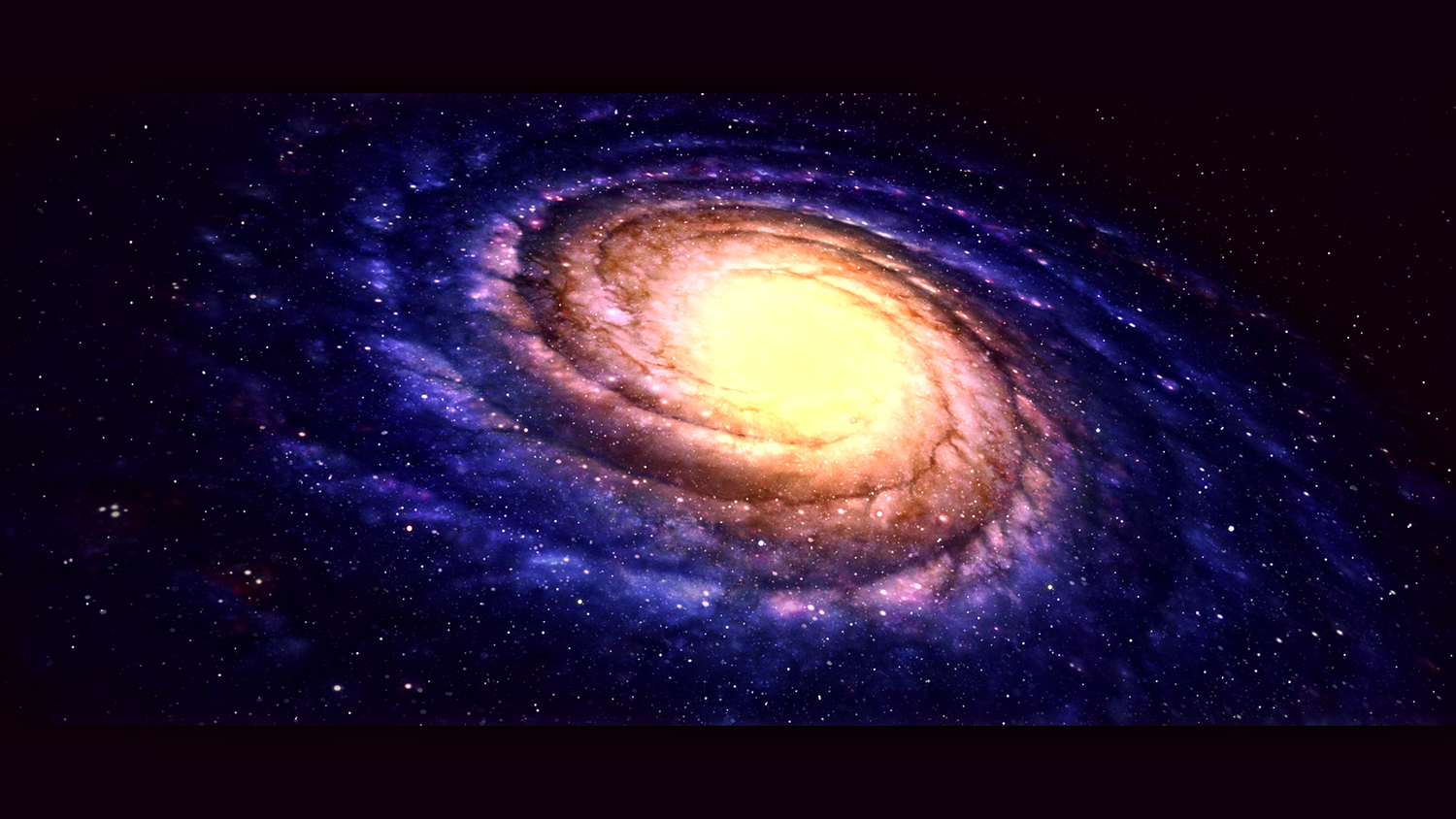An Animal Morality
I’ve been reading a book recently - Neuropath, by R. Scott Bakker. It’s not great - A professor’s world is turned upside down by a sociopathic friend who is abducting people and, through carefully applied electrical impulses, is causing them to do terrible, horrible, no good things. A pornographic actress is wired to confuse pain with pleasure and slices herself to death with a piece of glass. A politician eats a child on camera, while the FBI watches, helpless. A televangelist is rewired to hear the voice of god, easily controlled by the psychopath holding the controller. But for all it’s ham-fisted sexual politics, it brings up an interesting idea - that consciousness is nothing but electrical impulses that can be manipulated externally. If actions can be controlled through electrical stimulation of the brain, there is no such thing as free will, morality, or even, really, a self. Cue the apocalypse of meaning.
It’s a perspective that is nested comfortably in post-modern moral relativism - the idea that there is no universal right or wrong, no solid ground that one can stand on in order to suggest that his or her actions are “right” while someone else’s are “wrong.” In some places this lack of clarity has been extended to argue that it’s impossible to label the action of Middle East and African warlords as “wrong,” simply because those cultures operate under a different framework than ourselves.
For this to be the case, morality would have to be a uniquely human construct… and although there is a strong current in the biological sciences that places humans as separate from the rest of life, there is ample evidence that social ideas that govern our own societies, things codified in myths that far predate the bible, are actually found in the animal kingdom. Dr. Marc Bekoff, professor emeritus at the University of Colorado, Boulder (which means he’s allowed to say off the wall things without fear of repercussions) makes exactly this argument in an article published on psychology today: https://www.psychologytoday.com/us/blog/animal-emotions/200906/wild-justice-and-moral-intelligence-in-animals
The idea that animals have human emotions has been a taboo subject in science over the course of the last century, viewed as a lack of objectivity - biologists were especially careful to prevent any kind of leakage between human characteristics and animal motivations. Ideally, the scientist would be able to wholly separate animal behavior from animal motivation.
This creates a world where humans are exceptional - the only carriers of morality, emotion, awareness of the self and society - and allows us to waste precious time wondering how these sorts of characteristics came to be. The evidence, in the days since Goodall did her work with primates in the Gambo, has been that animal emotion is very an apparent phenomenon.
What this means, then, is that the question of what makes humans so unique (and it’s hard to argue that we aren’t, for better or worse) remains open. Although I’m loathe to cite Nietzche, a man whose books I’ve never read, I am aware of the cut of his argument. He suggests that humans are motivated by a desire for power above all else. While this is not always the case for every individual (#notallpeople), it would seem a very accurate description of what sets humans apart from animals in general.
Science, in many ways, is one of the tools used for the accumulation of power. As understanding accrues, it can be used to cause technological changes in the world. Infant mortality decreases, life span increases, obscure diseases are no longer a death sentence. Human history is nothing if not a history of power, a story of an animal that one day woke up to the realization that it could change the path of what had happened before.
Of course, the question remains if this will to power can be controlled, or if it controls us entirely.







